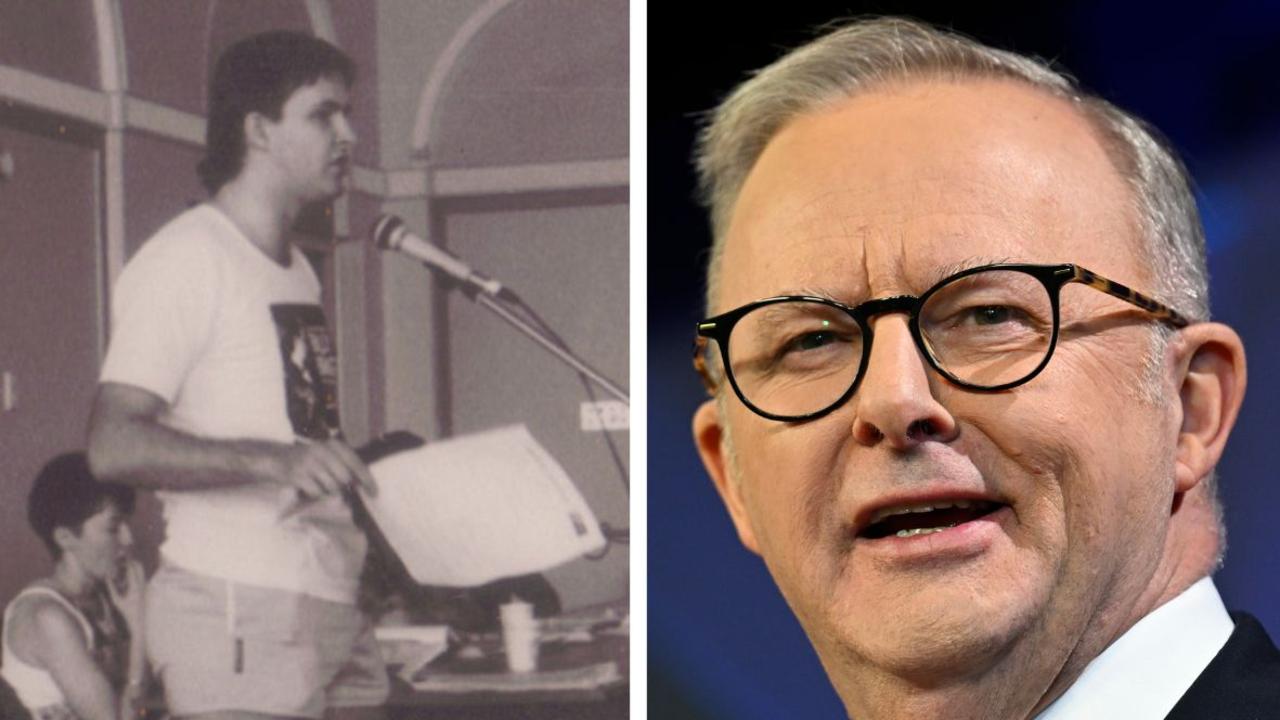Report shows social cohesion improved in 2015
A DAY after he was accused of embarrassing Australia overseas, former PM Tony Abbott will feel he’s been somewhat vindicated.

AUSTRALIA became a more stable and cohesive society under the leadership of former prime minister Tony Abbott, according to a new report.
In a surprising result, the Scanlon Foundation’s 2015 Mapping Social Cohesion report found despite the rise of anti-Islam groups such as Reclaim Australia, Australians had not embraced racist views.
In fact the experience of discrimination in Australia based on ethnic background and religion actually declined in the past year, possibly reflecting the strongly positive views of social media campaigns such as the Twitter movement #illridewithyou, which hit back at anti-Islamic sentiment following the Sydney siege.
“Australia remains a stable and highly cohesive society,” report author Professor Andrew Markus said, adding that the Scanlon-Monash Index of Social Cohesion had trended upwards.
“Experience of discrimination based on ethnic background and religion has lessened from 18 per cent to 15 per cent since last year,” he said.
The report comes less than 24 hours after Mr Abbott was accused of “embarrassing Australia” in a speech he gave in London in which he warned Europe was risking a “catastrophic error” by showing too much compassion to tens of thousands of migrants flooding in from the Middle East.
The report, produced by Monash University and the Australian Multicultural Foundation, surveyed 1500 people in June and July, before Mr Abbott was replaced by rival Malcolm Turnbull.
It found widespread support for multiculturalism continued with 86 per cent of people agreeing that it had been good for Australia, a slightly higher result than in 2013 and 2014.
When asked whether this could be attributed to the leadership provided by former prime minister Tony Abbott, Prof Markus agreed the results had been achieved “under his watch” and that leaders did make a difference. It may also reflect approval of his border control policies, which meant people became less concerned about Australia’s immigration intake.
But it was not all good news for Mr Abbott.

The Abbott Government’s first Budget was widely criticised for unfairly targeting poor people, and those concerns continued to be reflected among those surveyed.
The election of the Coalition government coincided with a decline in people’s perception of social justice and equity.
“This reflects concern over lack of support for those on low incomes, the increasing gap between rich and poor and continuing low trust in government,” Prof Markus said.
Only 30 per cent agreed that the government could be trusted to do the right thing for Aussies “almost always” or “most of the time”.
BORDER SECURITY
One issue where people’s opinions seem to be shifting was on asylum seekers.
About 41 per cent supported boat turnbacks or detention for asylum seekers, while just 24 per cent believed that boat arrivals should be eligible for permanent settlement. About 31 per cent thought they should only be allowed to apply for temporary residence.
The reported noted views had shifted over the last five years from preferring a “middle” to a “strong negative” response.
But Prof Markus said this could have helped improve social cohesion, with only 35 per cent now believing the immigration intake was “too high”, the lowest recorded in the seven previous surveys.
“In the survey people were not particularly concerned about the level of immigration and in a way that (reflected) confidence in the government handling of the issues,” he said.
When it came to issues of racism, just 10 per cent of people believed the government immigration policy should select people on the basis of their race or religion.
But views towards Muslim people were more mixed.

About 11 per cent were strongly negative towards Muslims, about 10 per cent were strongly positive while 47 per cent indicated they were “neither negative or positive”.
WHAT ARE AUSSIES WORRIED ABOUT?
Australians listed economic concerns as the most important issue facing the country today, with national security, terrorism and social issues ranking second.
“The most significant change has been in concern for national security and terrorism, which has increased from less than one per cent in 2014, to 10 per cent in 2015,” Prof Markus said.
Economic issues have ranked first as a major problem facing Australia in the last four surveys, but concern is not increasing.
“In 2015, 24 per cent of people have indicated dissatisfaction with their present financial situation — this was the same last year,” he said.
INTEGRATION
About two-thirds of people surveyed felt Australians should do more to learn about the customs and heritage of immigrants, but a similar proportion thought immigrants should change their behaviour to be more like Australians.
Prof Markus said “the survey found considerable support for the idea that both people born in Australia and immigrants needed to adapt to life in a changing Australia”.
The survey found that 93 per cent of people felt a sense of belonging in Australia either to a “great extent” or “some extent”.
People’s sense of belonging has improved slightly since 2013 as they rated it “great” or “moderate”. But the score was still less than the 96.9 per cent recorded in 2009.
There was also a big difference in the views of younger and older generations.
When asked whether governments should assist ethnic minorities to maintain their customs and traditions, just 31 per cent aged 60 to 69 years old agreed. Of those aged 40 to 49 years old, about 34 per cent agreed, but among those aged 18-28, 65 per cent agreed.
“This is a huge difference and I think it’s because young people have grown up in a very diverse environment,” Prof Markus said.
Residents in regional areas expressed lower support for immigration and cultural diversity than those living in capital cities.
Melbourne and Canberra residents hold the highest level of support for cultural diversity, while Brisbane and Perth were the most negative.



